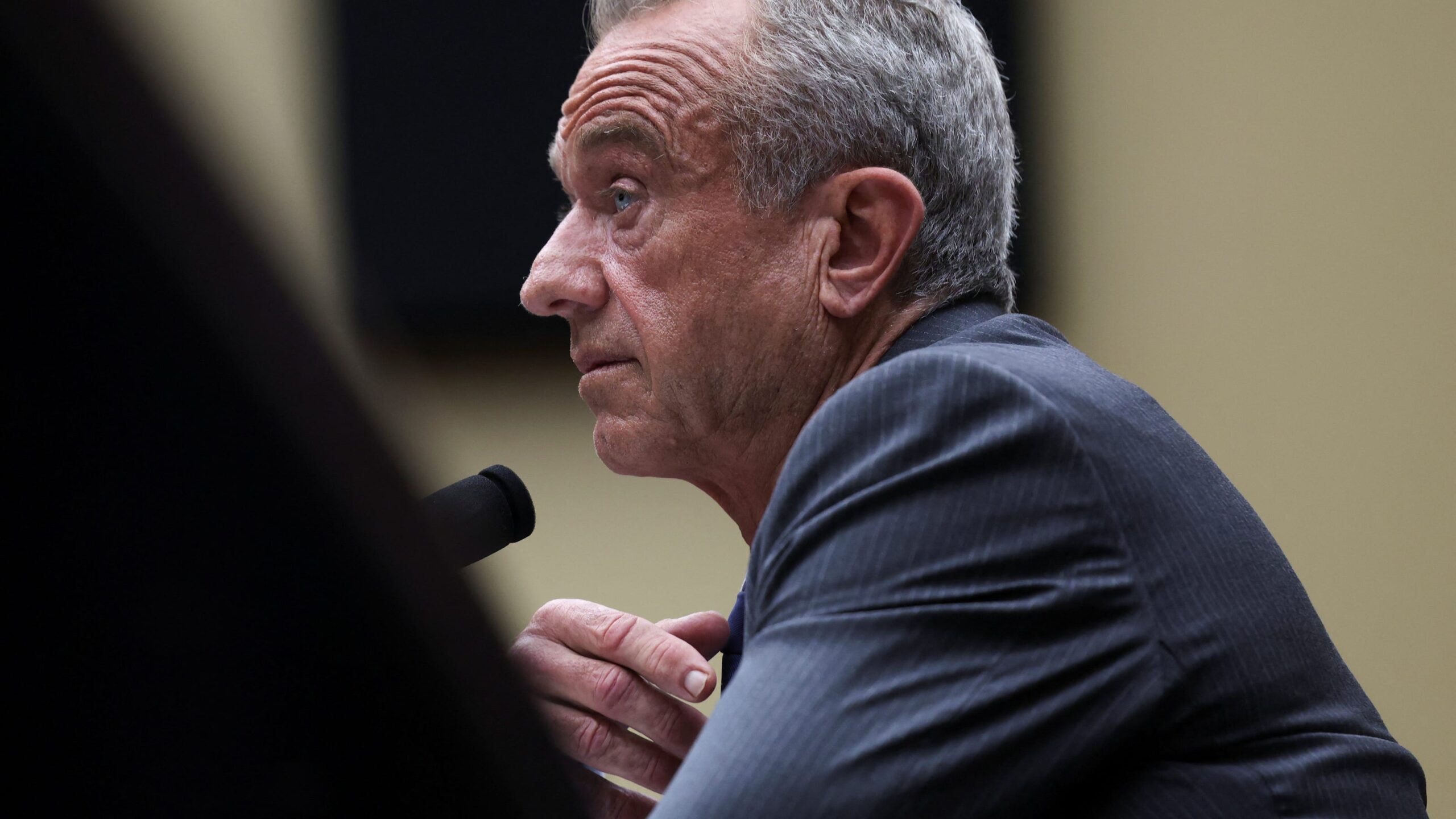
A recent U.S. Supreme Court ruling has sparked concern among health experts who warn it may grant Health Secretary Robert F. Kennedy Jr. broader power to overhaul key federal health advisory committees.
The decision, rendered by the high court in a closely watched case, potentially redefines the executive branch’s authority over administrative agencies. Experts fear this legal shift could allow Kennedy, a longtime critic of vaccination policies and a controversial figure in public health circles, to unilaterally reshape influential health panels that historically have operated with a degree of independence.
At the heart of the concern is the possibility that Kennedy could remove or replace scientists and other experts on advisory boards, including those that guide vaccine policy, drug approval, and disease prevention efforts. While the ruling does not mention Kennedy specifically, it reduces barriers that have traditionally limited a Secretary of Health and Human Services from imposing sweeping reforms or personnel changes without congressional or judicial checks.
Critics say such newfound latitude could further politicize health policy and compromise the objectivity of scientific decision-making. ‘If advisory panels lose their autonomy or become pipelines for political views, public health decisions may lose public trust,’ said one senior official with the Centers for Disease Control and Prevention, who spoke on condition of anonymity.
Robert F. Kennedy Jr., a member of the famous political family and a vocal skeptic of vaccine mandates, assumed the role of Secretary of Health earlier this year. Since taking office, Kennedy has pledged to review existing health policies and institutions for transparency and efficacy but has also come under scrutiny from medical professionals and bipartisan lawmakers for prior statements contradicting widely accepted scientific consensus.
Supporters claim that the Supreme Court ruling and Kennedy’s position may foster government accountability and steer agencies away from bureaucratic inertia. ‘This is about restoring democratic oversight of institutions that have operated without adequate public input,’ said a spokesperson for the Department of Health and Human Services.
As the implications of the court’s decision begin to unfold, advocacy groups and medical associations are urging robust congressional oversight to ensure that health policy continues to be guided by evidence-based practices rather than political ideologies.
The fallout from the ruling is expected to influence how the federal government structures and manages advisory panels across various departments, making this a pivotal moment for the future of science-driven policy in Washington.
Source: https:// – Courtesy of the original publisher.








